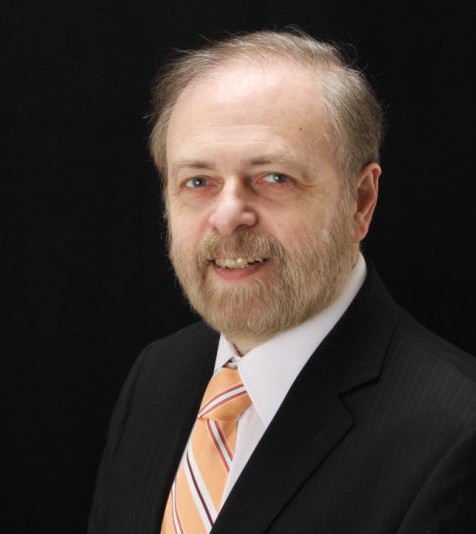By Rabbi Mordechai Levin
Published by the Omaha World Herald – February 19, 2011
Thanks to YouTube, I recently was able to watch and listen to Jewish psychiatrist and neurologist Victor Frankl, founder of the school of existential psychotherapy known as logotherapy. His first and most famous book — which I read for the first time more than 20 years ago — is called Man’s Search for Meaning.”This book made a lasting impression on me and many people, and to watch him speak now made his message even more powerful.
There is no general meaning of life that applies to everyone, wrote Frankl. The meaning of life differs from person to person, and from day to day. Everyone has his/her own specific vocation or mission in life to carry out a concrete assignment which demands fulfillment. Everyone’s life and task is unique.
According to Frankl, there are three main avenues by which we can arrive at meaning in life. The first way is by creating a work or by doing a deed.
The second way is by experiencing something — such as goodness, truth or beauty — through nature and culture or by experiencing another human being in his/her very uniqueness; by loving him/her. Meaning can be found not only in work, but also in love.
The third avenue to meaning in life is found in the attitude we take toward unavoidable suffering. Meaning is available in spite of and even through suffering, provided that the suffering is unavoidable. If it is avoidable, be it psychological, biological or political, the right thing to do is to remove its cause, for unnecessary suffering is masochistic rather than heroic. If, on the other hand, we cannot change a situation that causes our suffering, we can still choose our attitude. Everything can be taken from a person except one thing: the last of the human freedoms, the ability to choose one’s attitude in any given set of circumstances.
Life has meaning. The challenge to us is to uncover the meaning in our own lives.
 is the rabbi of Congregation Beth Israel in Munster, IN. He received his rabbinic ordination from the Latin American Rabbinical Seminary, and is a member of the Rabbinical Assembly. In 2010, he was awarded an Honorary Doctorate of Divinity from the Jewish Theological Seminary in New York City for his years of dedicated service to the Conservative movement and the Jewish community...
is the rabbi of Congregation Beth Israel in Munster, IN. He received his rabbinic ordination from the Latin American Rabbinical Seminary, and is a member of the Rabbinical Assembly. In 2010, he was awarded an Honorary Doctorate of Divinity from the Jewish Theological Seminary in New York City for his years of dedicated service to the Conservative movement and the Jewish community...